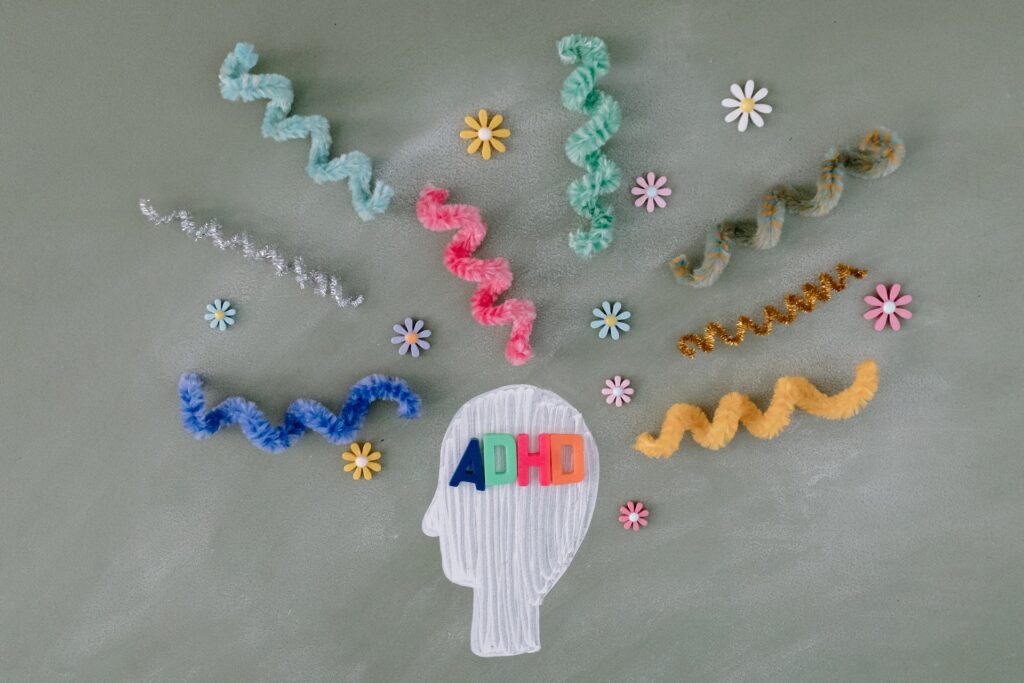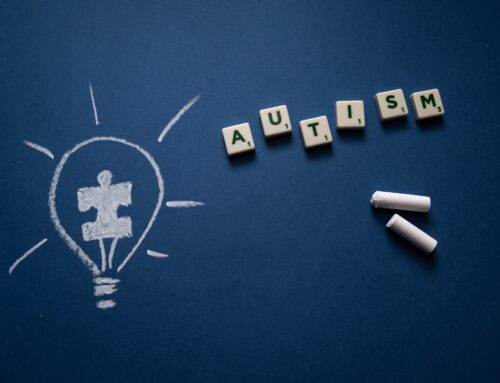Introduction
One of the most common misconceptions about Attention Deficit Hyperactivity Disorder (ADHD) is that it’s a mental illness. However, it’s crucial to understand that ADHD is, in fact, a neurodevelopmental disorder. This blog post will unravel the truth about ADHD, its symptoms, and its impact on an individual’s life. We will also discuss the available treatments to manage this condition effectively. Let’s dive in and learn more about ADHD.
What is ADHD?
ADHD, or Attention Deficit Hyperactivity Disorder, is a neurodevelopmental disorder characterized by a persistent pattern of inattention, hyperactivity, and impulsivity that interferes with an individual’s daily functioning and development. It is one of the most prevalent childhood disorders but can continue into adolescence and adulthood.
ADHD vs. Mental Illness: Understanding the Difference
To understand why ADHD is not classified as a mental illness, we must first differentiate between the two terms. Mental illnesses, also known as mental disorders, are psychological conditions that affect an individual’s thoughts, feelings, and behaviors. Examples include depression, anxiety disorders, and schizophrenia.
On the other hand, neurodevelopmental disorders like ADHD originate from atypical brain development and primarily impact an individual’s cognitive, emotional, and social functioning. Although ADHD can have mental health implications, it is not considered a mental illness.
Symptoms of ADHD
ADHD presents three core symptoms: inattention, hyperactivity, and impulsivity. These symptoms can vary from person to person and change as an individual ages.
- Inattention: Individuals with ADHD may struggle with organization, forgetfulness, and focus. They might have difficulty following instructions, paying attention to details, and completing tasks.
- Hyperactivity: This symptom manifests as constant movement, fidgeting, and restlessness. Children with ADHD might have difficulty sitting still, while adults may experience a constant feeling of inner restlessness.
- Impulsivity: Impulsivity in ADHD can lead to hasty decisions, impatience, and interrupting others during conversations. It can also result in difficulty waiting for one’s turn and engaging in risky behaviours without considering the consequences.
The Impact of ADHD on Daily Life
Although ADHD is not a mental illness, it can significantly impact various aspects of an individual’s life. Some of the common challenges faced by people with ADHD include the following:
- Academic performance: Inattention and impulsivity can make it difficult for students with ADHD to concentrate in class, complete assignments, and perform well on tests.
- Social relationships: Impulsive behaviour and difficulty with impulse control can lead to misunderstandings and conflicts in social situations. As a result, individuals with ADHD may struggle to form and maintain healthy relationships.
- Self-esteem: The challenges and difficulties experienced by individuals with ADHD can result in feelings of inadequacy and low self-esteem, further exacerbating the disorder’s symptoms.
- Work performance: In the workplace, ADHD can manifest as poor time management, disorganization, and difficulty meeting deadlines. These issues can impact job performance and overall career success.
Treating ADHD
Managing ADHD often requires behavioural therapy, medication, and educational support. Here are some common treatment options:
- Behavioural therapy: Behavioral therapy can help individuals with ADHD develop coping strategies, improve their social skills, and manage their symptoms more effectively. Cognitive-behavioural therapy (CBT) is one form of behavioural therapy that focuses on identifying and changing negative thought patterns and behaviours.
- Medication: Stimulant medications, such as methylphenidate and amphetamine, are often prescribed to help manage ADHD symptoms. These medications can increase focus, attention, and impulse control in individuals with ADHD. However, they can also have side effects, so working closely with a healthcare provider to find the right medication and dosage is essential.
- Educational support: Schools and educational institutions can play a crucial role in helping students with ADHD succeed academically. Accommodations, such as extra time on tests, a quiet testing environment, and organizational aids, can significantly affect a student’s performance.
- Parent training and family therapy: Parents and families can benefit from learning strategies to help support and manage the symptoms of ADHD at home. Family therapy can also help address any conflicts or communication issues arising from the challenges posed by ADHD.
- Lifestyle changes: Incorporating regular exercise, maintaining a balanced diet, and ensuring adequate sleep can also help manage ADHD symptoms. Additionally, mindfulness practices and stress reduction techniques can benefit individuals with ADHD.
Conclusion
In conclusion, ADHD is not a mental illness but rather a neurodevelopmental disorder that affects an individual’s cognitive, emotional, and social functioning. Although it can significantly impact various aspects of daily life, effective treatments and support systems can help manage the symptoms and improve the quality of life for individuals with ADHD. By spreading awareness and understanding about this condition, we can help reduce stigma and misconceptions, paving the way for a more compassionate and supportive society for those with ADHD.


